Why WWE Need To Scrap 'Road To WrestleMania' Pay-Per-Views
The irony of a show called Fastlane slowing down the 'Road To 'Mania' shouldn't be overlooked...
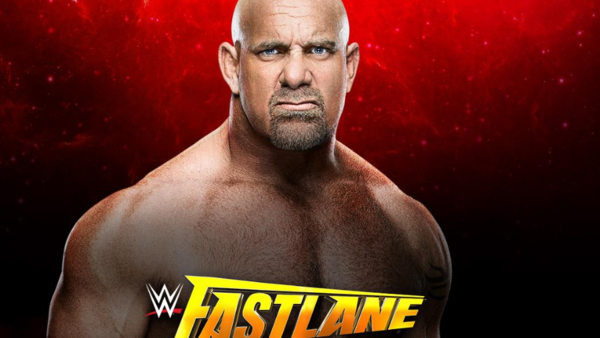
Calling for WWE to return to the days of four to five annual pay-per-views is a futile argument in 2017. Right up until 1995, the then-WWF only ran a maximum of five supershows each year - but there's no chance of that happening in the modern market, especially when the WWE Network demands more content than ever before.
Even when writing that argument off though, it's still true to say that the glut of shows between January's Royal Rumble and WrestleMania each March/April does nothing to sell the importance of pro wrestling's largest event.
Admittedly, things weren't always this way and there are examples of WWE using such interim months to layer intrigue on top of quality stories before 'Mania; back in 2001, The Rock defeating Kurt Angle at No Way Out made perfect sense, because the WWF could then parlay sweetly into the Rock vs. Steve Austin rematch everybody wanted to see.
Then there's the other side of the coin.
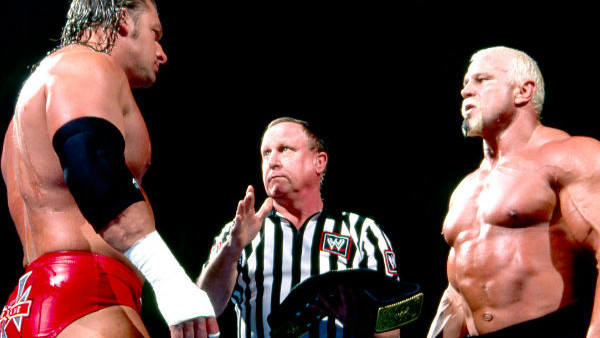
Look in-depth at the months before WrestleMania XIX and it's clear to see that nobody clamoured for that Triple H vs. Scott Steiner redo at No Way Out. Not even another showdown between The Rock and Hulk Hogan could save the pay-per-view, because February 2003's supershow offering appeared to get in the way of progress towards 'Mania rather than help it.
There are other examples too, both good and bad; whereas 2004's Eddie Guerrero win over Brock Lesnar gave people a fresh WWE Champ heading into WrestleMania XX, 2006's booking of Randy Orton vs. Rey Mysterio meant little when the masked man waltzed into the title picture at 'Mania 22 anyway.
With that latter example, WWE proved that the addition of pay-per-view between the Rumble and 'Mania can actually be a total hindrance. Its almost as though these events force the writers to seek out unnecessary swerves, ultimately soaking up valuable creative time that should be spent ensuring WrestleMania is the absolute best it can be.
Analysing both pay-per-views since the Royal Rumble in 2017 makes it clear that WWE's writing team (just like in 2003 and 2006) could have been doing without the extra workload; forced to protract stories for the sake of filling time at Elimination Chamber and Fastlane, WWE's creative minds appeared to view both shows as a nuisance rather than valuable additions to the calendar.
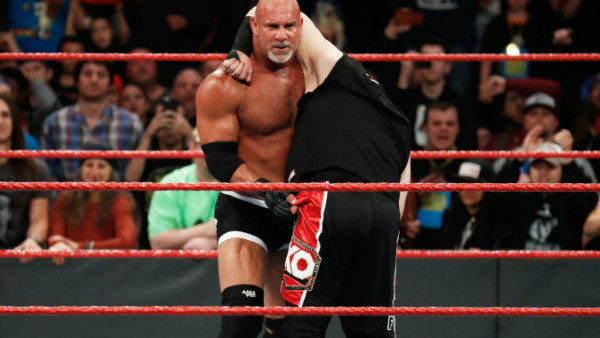
It's unknown whether or not this was the internal feeling rife in WWE, but that's how each pay-per-view came across, almost like they were completely unnecessary, and wouldn't have been missed had they been cancelled and actually diluted several stories on this 'Road To WrestleMania' when they really should have been simple.
Regardless of this being the general viewpoint within WWE or not, the fact is that reviews for Fastlane were far from glowing for a reason; like a lame-duck before it even started, even some fans on social media openly admitted the pay-per-view didn't feel essential.
Take Randy Orton's Rumble win as a prime example of how these subsequent events can meddle with the story; traditionally, the 30-man match winner has secured himself a World Title shot come WrestleMania, but over the past few weeks Orton has been booked to give up his right to that opportunity, watch others fight to replace him and then conveniently change his mind all over again post-Elimination Chamber.
The entire layout has been clumsy, and has at once undermined the usefulness of the Royal Rumble whilst simultaneously making it look like SmackDown's authority figures don't have a clue what's happening.
These issues are prevalent on Monday Night Raw too.
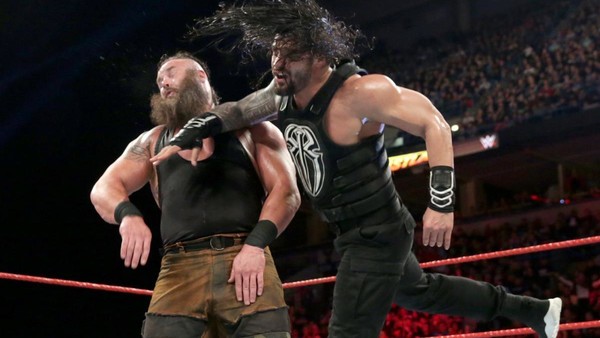
Fastlane, a pay-per-view stop with the sole purpose of building anticipation for WrestleMania, came across like an entirely skippable show. On a broadcast armed with Bill Goldberg's first World Title win in well over a decade and the promise of a violent showdown between Braun Strowman and Roman Reigns, that can't sit well with anybody.
On the subject of Strowman and Reigns, WWE were forced to write a straight up defeat for one of Raw's most promising stars (Braun) just so that Roman would look strong in time for The Undertaker at 'Mania. Simply booking matches for the sake of it should not be the formula for success on the 'Road To WrestleMania', because this is supposed to be the most creatively fulfilling time of the year.
Perhaps WWE would be better off without any pay-per-views at all between the Rumble and 'Mania, immediately allowing for more focus on the most important period of each year, but that still raises the question: what's the alternative?
The simple answer isn't aided by the aforementioned point that WWE's machine-like need for content is relentless these days. Put the idea of the Network to one side for a moment though and it becomes clear that WWE have at least five hours of prime television time they can work with.
One solution would be scrapping lesser pay-per-views like Elimination Chamber and Fastlane between January's Rumble and spring's WrestleMania, and focusing instead on the flagship TV shows; this strategy would disable WWE's need to build towards any supershows before 'Mania, and that could give broadcasts like Raw and SmackDown less of a hectic need to cram interminable rematches or short-lived feuds in just to fill time.
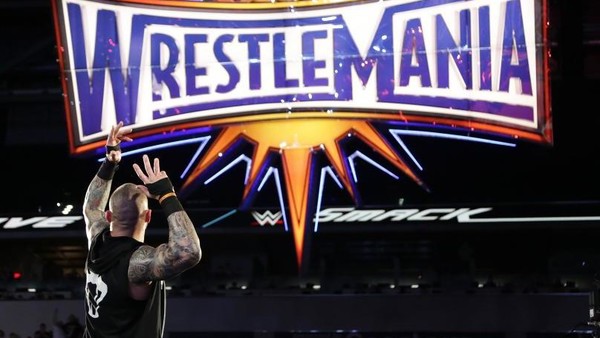
With more room to breathe and less stress on the creative team before WrestleMania, the product would theoretically sing. Festooned with ideas that were ignored in the rush to promote unnecessary pay-per-views, WWE's writing staff may just give 'Mania a boost in the process too.
Although lead-in events linking the Rumble and WrestleMania have worked before, the rules governing how WWE present things have changed over the years, and that really must be taken into consideration going forward.
Nobody should advocate that management restrict content, but allowing their creative minds to spread ideas out more evenly before the biggest show of the year may well pay dividends for WWE come go-time at 'Mania.
It's food for thought, at least, because the 'Road To WrestleMania' could do with fewer speed bumps to slow WWE's passage.